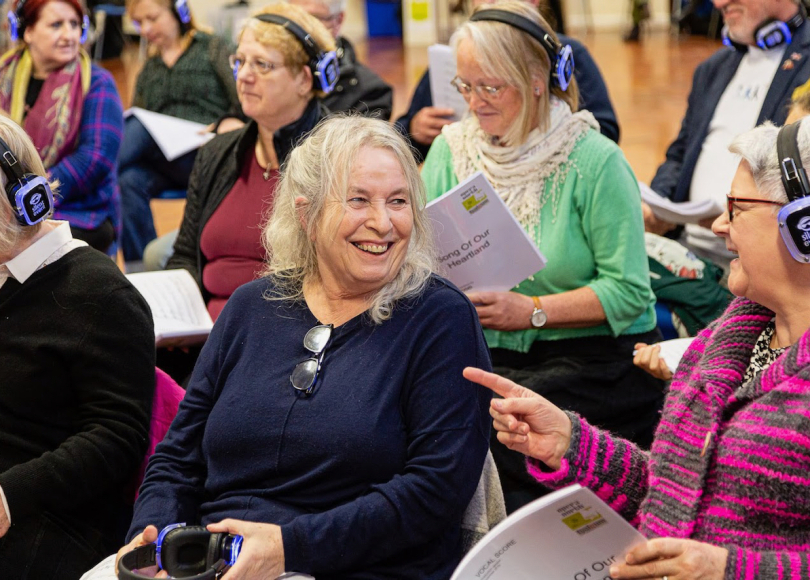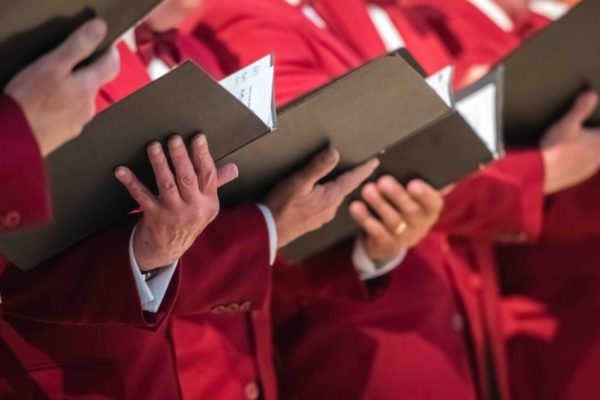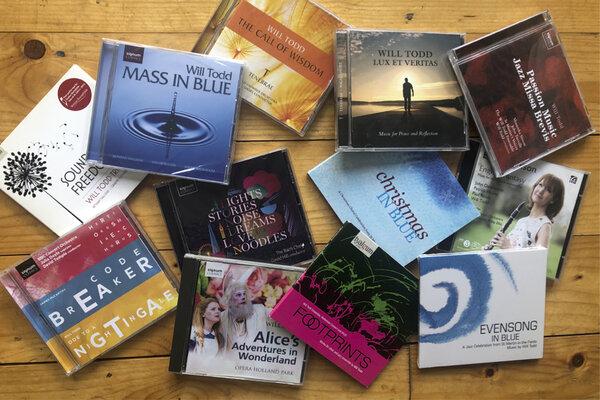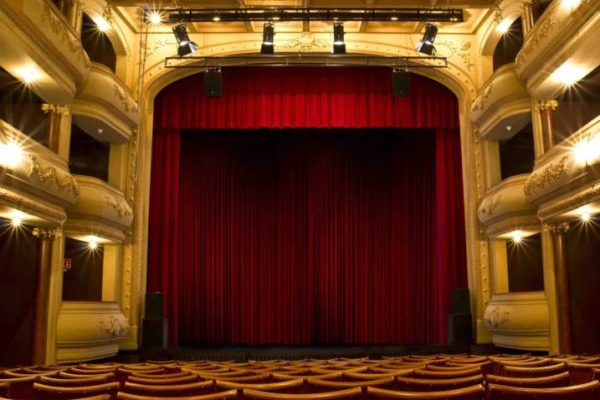“We’ve only gone and done it!”
A line from Will Todd’s new community opera for Opera North.
In early 2020, Opera North joined forces with Northern Heartlands to create ‘Song of our Heartland’, with Will Todd and librettist Emma Jenkins in collaboration with the people of County Durham.

The following is taken from a full length feature about Will Todd’s community opera with Northern Heartlands, Opera North and the people of County Durham taken from Regular Marvels online magazine
It began with open workshops in community halls across County Durham, from ancient places sheltered in mountain valleys to younger ones, grown up around pits that closed a generation ago. Not all those who came had much idea what taking part in a community opera might mean, but they knew they enjoyed singing or music or simply joining in. On the day, they met a team of artists from Opera North: Will Todd, composer; Caroline Clegg, director; Tony Walsh, poet; and Louise Collett, mezzo-soprano. They heard Louise sing the Toreador aria from Carmen, learned to sing and perform a chorus from the same opera, wrote with Tony about what home meant to them, and finally sang their own words shaped into a song by Will. In a couple of hours work, a group of strangers had created a small piece of art that none of them could have imagined, still less made when they’d got out of bed that morning. Will Todd says that it was very important that the workshop should lead to the creation of something:
Will Todd
“I think you’re saying ‘We don’t know what we’re going to make, and in 10 minutes’ time, we will have made it.’ And what was nice about this was that we ended every session performing the song that didn’t exist at the start of the session. And it contains words that none of us as, as the leaders of the workshops, have thought about before, because these words came from our participants.”
Those sessions had been organised by Northern Heartlands, as part of a three-year ‘Great Place Scheme’, whose mission was ‘to deliver cultural activities that transform people’s understanding of the heritage, landscapes and places they live in, building their confidence and ability to influence policy and decision-making.’ More simply, you might say it’s about cultural democracy and social inclusion: certainly many of the projects Northern Heartlands have worked on – like Ewan Allinson’s work with hill-farmers, or Stephen Pritchard’s projects with communities left behind by the end of mining – work towards those ambitions. Song Of Our Heartland, as the community opera came to be called, also aspired to include the words, stories and experience of the communities involved, and to amplify their voice with the resources of the region’s opera company.






After the introductory workshops, people settled down for months of creative work. There was an opera to write: although four of the songs created in those first sessions did make their way into the final score, it still needed a libretto and all the rest of the music, as well as the direction and design that could turn it into a theatre performance. Caroline and librettist, Emma Jenkins, wove a text from the poetry produced during the workshops, holding close always to those words and feelings. Forty or fifty people joined the professional artists, and rehearsals continued throughout the winter as 2019 became 2020. The world première of Song Of Our Heartland was scheduled for 29 May 2020 at Locomotion, the railway museum in Shildon.
You know what happened: Covid-19, lockdown, cancellation. Just one more creative project into which people had invested so much imagination, effort and money hitting the buffers. Nothing to make a fuss about, given the unfolding tragedy, but still, another loss and not unimportant either. As people got over the initial shock and adjusted to the new situation, the first thought was to reviving the production in 2025 (opera companies plan years ahead) but that was beyond most people’s horizon. Why not make it into a film, asked Northern Heartlands? The obstacles were evident and manifold but bit by bit people came round to the idea. The non-professionals were enthusiastic, but not all were able to manage the shift online. Poor internet connections, lack of equipment, and the pressures of lockdown life all played a part. Some found the idea of singing in front of a screen just too alien. But about half the cast stuck with it, and rehearsals resumed.

For Liz Gill, whose husband had become very ill with Covid-19, these were moments of precious relief:
‘The actual rehearsals, even though they were on zoom, were like that little bit of fresh air in my whole week. And I just clung on to those as a sort of a bit of normality.’
Surprisingly, moving online strengthened the bonds that growing between everyone involved in the opera. The intensity of the crisis probably had something to do with that, but there was also the intimacy of everyone being in their own homes. When they did finally meet again, after the lockdown, the group felt very close. They gathered to record the opera, and then for two days of filming, often improvised and with retakes all but impossible. Caroline, directing her first opera film, had to use all her creativity and flair to adapt the staging to Covid-safe conditions. She’s now editing 40-odd hours of footage and here are hopes of organising a screening – socially-distanced, of course – at Locomotion before the end of the year. The production has been announced by Opera North as part of its new season (and you can see extracts of Song Of Our Heartland from about 8.30 in this film).
Stories of artistic projects being rescued by grit and creativity are not unusual in community art, or indeed in the arts generally. Artists can be very enterprising, and they need to be when they work with small budgets in community settings. Indeed, I’d say that thinking on your feet and adapting to what’s available is one of the joys of community art. You never know where you might end up, so you try to make the journey worthwhile, and fun. That’s true of Song Of Our Heartland and it’s a tribute to everyone involved – whether or not they do this work professionally – not just that they made a drama out of a crisis, but that when you watch the film, you’d never know it started out as something else entirely.





Covid-19 is changing our lives in deep and unforeseen ways, and the future has rarely seemed so uncertain. However necessary, the public health regulations have been devastating for the performing arts, just at a time when we need the beauty, pleasure and sense of community they can create. Most musicians, actors and technicians have been unable to work, or to earn a living, for months.
Now, the chance of keeping the performing arts alive – and inclusive – rests on that technology. Even where audiences can see live performances, their numbers will be small and technology’s potential in reach larger numbers is vital. It will be a bumpy ride, but we’re going to learn a lot about how to use technology in the arts over the coming months and years. And we have the example of Northern Heartlands, Opera North and some exceptional professional and non-professional artists to give us confidence that it can be done, and done beautifully.






